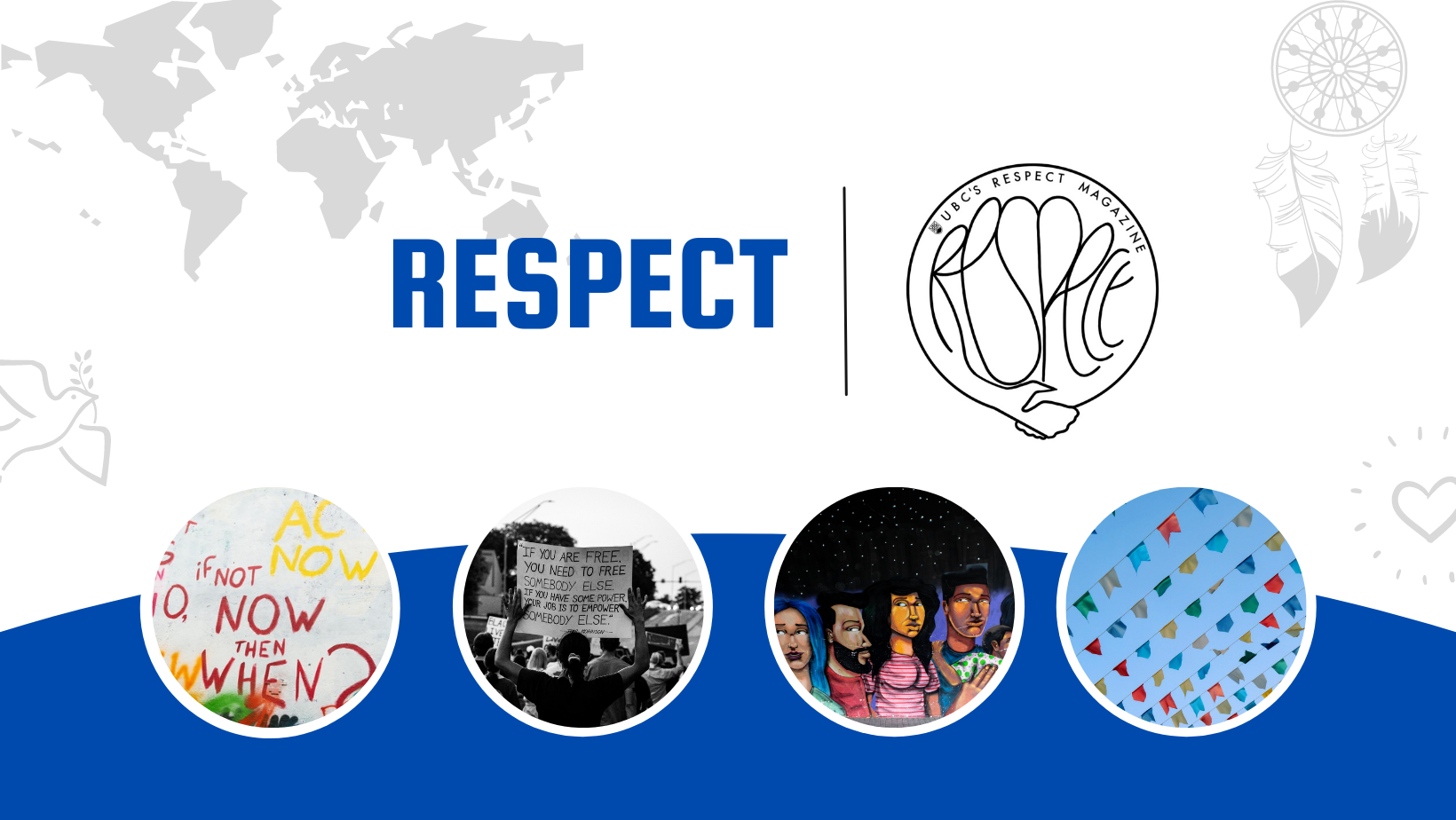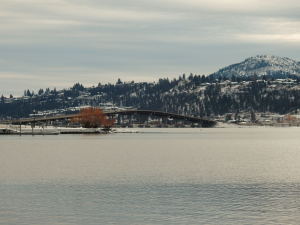The Power of Place in Positionality by Kelly Grace Yuste
The place I stand and view everything from is a significant factor of how I understand the world — this is what ‘Power of Place’ means to me.
My understanding of it is inspired by Sebastian Conrad’s concept of positionality, an idea that is significant to learn about in terms of understanding subjects in a global context. Conrad contends that national histories are inevitably based on “axiomatic assumptions” influenced by local beliefs (Conrad, 2016, 162-163). Similarly, I believe that an individual’s worldview is heavily influenced by the people they grew up with and by the ‘place’ they grew up in.
To illuminate ‘Power of Place’: The cultural norms in the home I grew up in were a mold that I, along with my beliefs, etiquette, and behaviour, was shaped by.
The Philippines, my home, is a Catholic-dominated nation that is not yet open to certain progressive, inclusive, and diverse ideals we enjoy here in BC or Canada.
When I was still settling into permanent life in BC, making connections and gaining experiences, I was faced with certain situations that made me realize I had to unlearn a few toxic habits and ideologies from the place I grew up in.
One significant example is that because most Filipinos are indoctrinated into the Christian/Catholic faith by their families, churches, and/or schools, my peers and I grew up in a box believing that the Christian god was the only real god and that the Christian reality was the only reality. From my positionality at the time, I viewed the world from a Christian perspective. But when I moved here to UBC Okanagan, I saw that everyone was living their own lives with their own different beliefs. Most people I’ve met do not care for a god. It was a subtle shock to me — there is so, so much life, diversity, and adventure outside of the religion I was indoctrinated to believe in. Realizing this made me feel like I was opening up the box I was trapped in and looking around to see what else thrived in the world. These people came from ‘places’ where either another religion dominated, or no religion at all dominated.
Moreover, since I personally understand that coming from my particular hometown gave me nuanced beliefs and behaviours, I can understand that some people have their own nuances shaped by the ‘places’ they come from.
I think that understanding where someone’s ‘place’ is (or was) supports an understanding for the way they act and think.
And when we start to learn the ‘Power of Place’, we start to learn how to accept and appreciate people coming from diverse ‘places’ and positionalities.
Reference
Conrad, Sebastian. (2016). What is Global History? Princeton University Press.
About the Image
I took this photograph by the Okanagan Lake. Looking at this photo, I tell myself that this is home. And it subtly surprises me, because I only moved here in the summer of 2021. I grew up in a totally different country. I suppose I wholly accept Kelowna as my home in an attempt to deconstruct the toxic habits of my past that formed in the Philippines. To me, Kelowna represents a break from the past and a new beginning. Sometimes, what you learn from your ‘place’ needs to be unlearned.
About the Contributor
Kelly Grace Yuste (she/her) is an Art History & Visual Culture student with Chinese and Filipino cultural roots. She is passionate about decentering subjects, people, and cultures from traditional nationalistic boundaries, informed by her global art history studies which give focus to cross-cultural connections and hybridities. She is currently the President of the Asian Student Association at UBCO, celebrating Asian culture on campus.
Image by Kelly Grace Yuste

